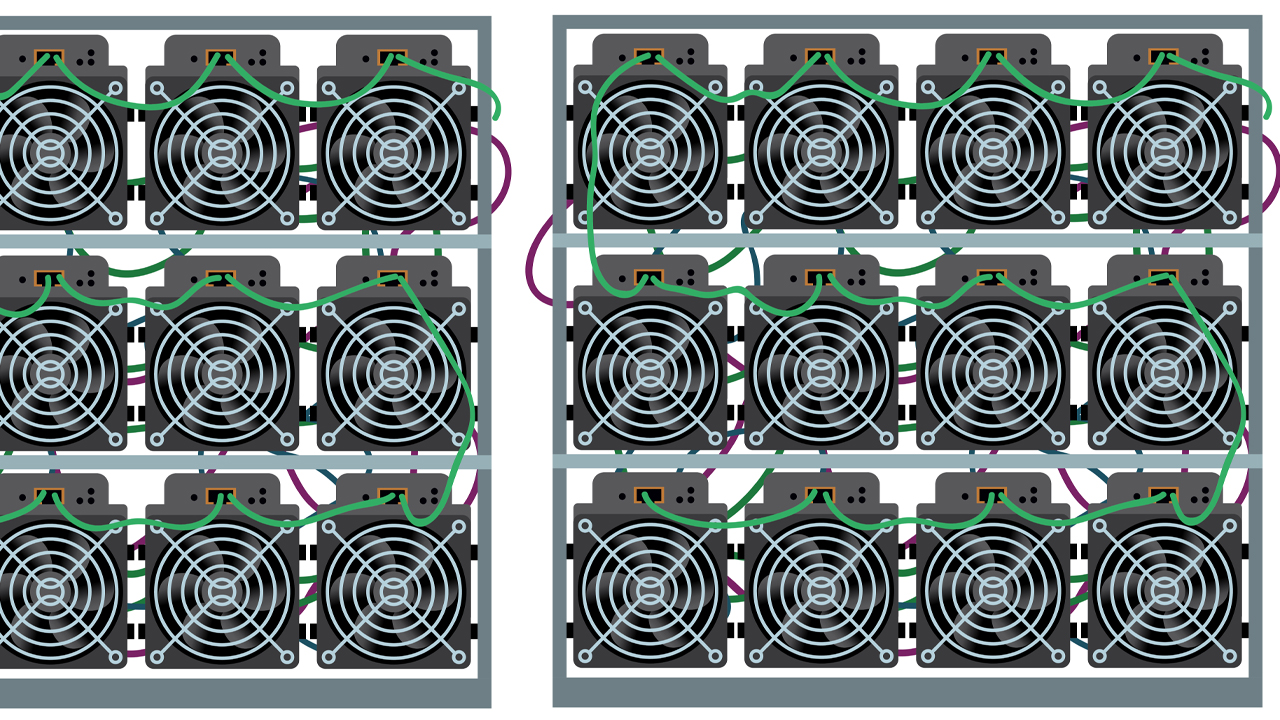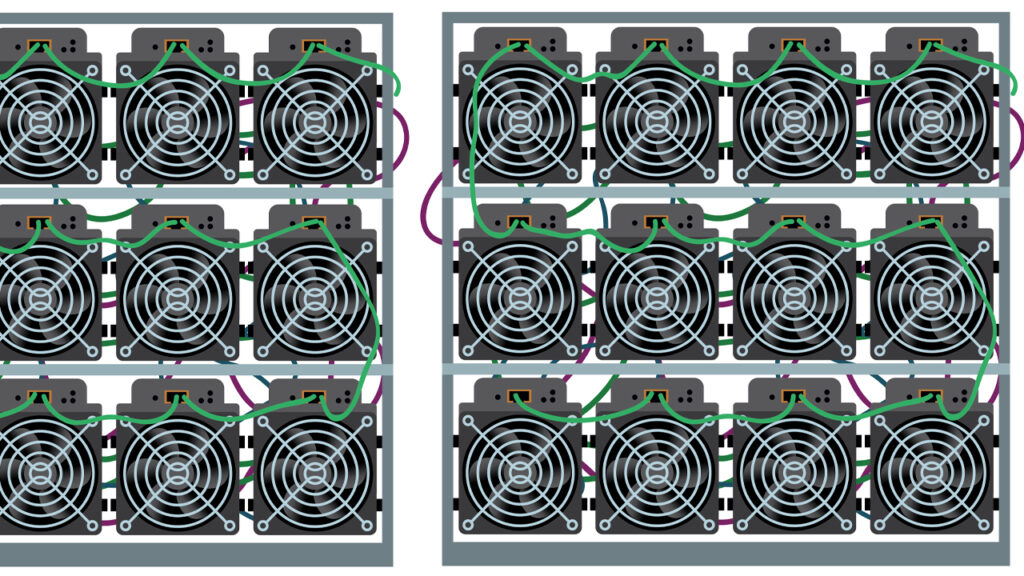
On August 18, 2022, Bitcoin’s mining difficulty increased again after the 1.74% rise two weeks ago on August 4. At block height 749,952 at 7:07 a.m. (EST) the network’s mining difficulty rose by 0.63% from 28.17 trillion to 28.35 trillion Thursday morning.
Bitcoin Network Records Second Consecutive Difficulty Increase Since August 4
Finding a bitcoin (BTC) block is a touch more difficult today than it was during the last two weeks as the difficulty adjustment algorithm (DAA) increased by 0.63%. The increase is the second consecutive increase after the DAA jumped by 1.74% two weeks prior, at block height 747,936.
The two increases indicate that it is currently 2.37% harder to find a BTC block than it was prior to August 4, back when the difficulty parameter was at 27.69 trillion. BTC’s hashrate has been running lower in terms of exahash dedicated to the network after reaching an all-time high on June 08, 2022, at block height 739,928.
At that time, the network recorded a high of 292.02 exahash per second (EH/s) and today, the hashrate is coasting along at 182.40 EH/s. Block 749,952, the block that changed the DAA this week, was discovered by Foundry USA and it contained 2,648 transactions and 0.1692 BTC in fees on top of the 6.25 BTC block subsidy.

Foundry is the top mining pool during the last three days, as it commands 46.81 EH/s or 23.70% of the network’s hashrate. Out of 422 BTC blocks found in the last three days, Foundry discovered 100 blocks. The second-largest mining pool today is Antpool with 34.17 EH/s or 17.3% of the network’s hashpower.
Bitmain’s Antpool has found a total of 73 blocks out of the 422 discovered. There are 11 known mining pools today dedicating SHA256 hash toward the BTC chain, and 1.9% of the hash is operated by unknown or stealth miners.
Out of the 422 blocks found in 72 hours, unknown hash discovered eight blocks during that time frame. With the difficulty rises and the lower BTC fiat values, there are fewer bitcoin mining pools mining BTC this week than there were a few months ago.
The most profitable bitcoin mining rig today is Bitmain’s Antminer S19 XP with 140 terahash per second (TH/s), and by paying $0.12 per kilowatt hour (kWh), the S19 XP gets an estimated $6.21 per day in bitcoin profit.
Using the current 28.35 trillion difficulty, today’s BTC exchange rates, and $0.12 per kWh in electrical costs, a Bitmain S19 Pro+ Hydro with 198 TH/s gets an estimated $5.36 per day in profit. Microbt’s Whatsminer M50S and the Whatsminer M50 can get an estimated $2.59 to $3.95 a day in BTC profit.
What do you think about the Bitcoin network’s difficulty change on Thursday? Let us know what you think about this subject in the comments section below.
Image Credits: Shutterstock, Pixabay, Wiki Commons
Disclaimer: This article is for informational purposes only. It is not a direct offer or solicitation of an offer to buy or sell, or a recommendation or endorsement of any products, services, or companies. Bitcoin.com does not provide investment, tax, legal, or accounting advice. Neither the company nor the author is responsible, directly or indirectly, for any damage or loss caused or alleged to be caused by or in connection with the use of or reliance on any content, goods or services mentioned in this article.
Read disclaimer


